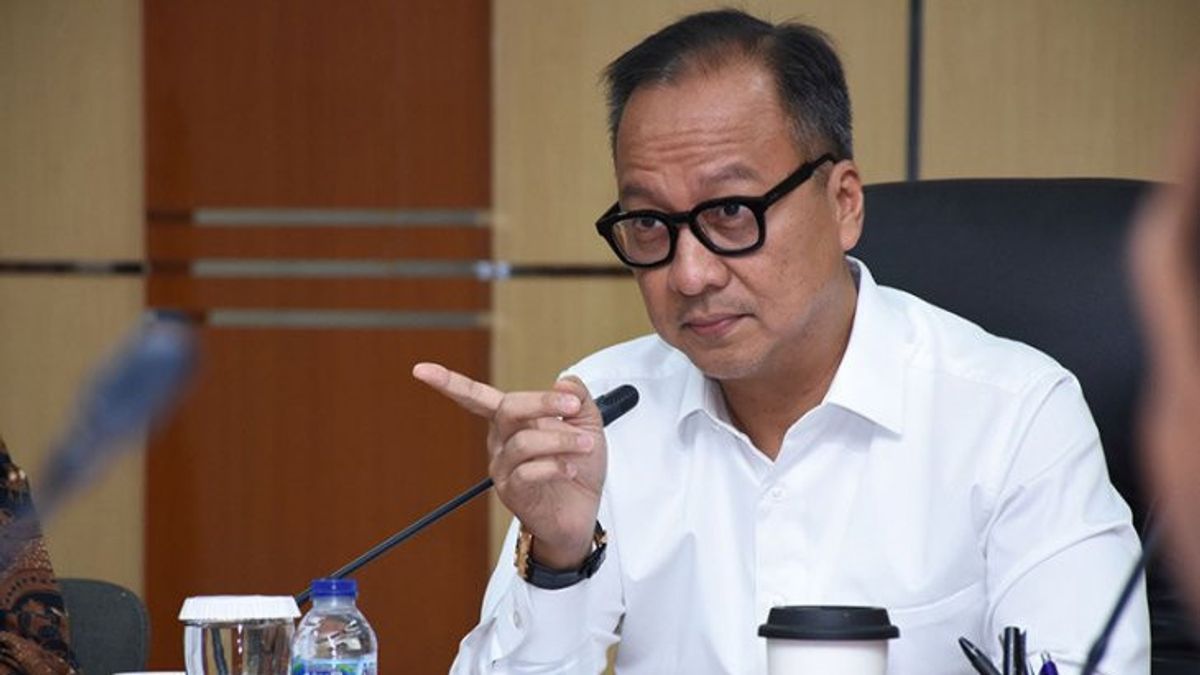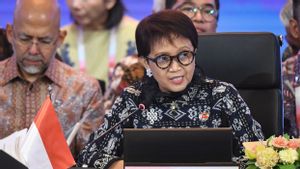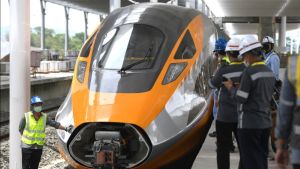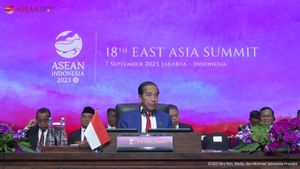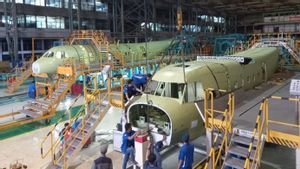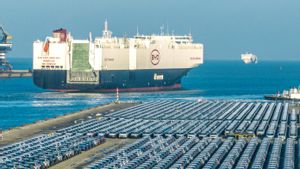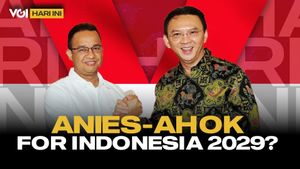In order to build a framework in strengthening exchange and cooperation in the industrial sector, the Indonesian government through the Ministry of Industry (Kemenperin) agreed to cooperate with the government of the Republic of China and the government of the Republic of Korea. This cooperation is expected to encourage effective exchange and cooperation in the industrial sector.
The Indonesia-RRT industrial cooperation agreement was signed by the Indonesian Minister of Industry Agus Gumiwang Kartasasmita and the Minister of Industry and Information Technology (MIIT) RRT Jin Zhuanglong.
Meanwhile, the Indonesia-Republic Korea industry cooperation agreement was signed by Minister of Industry Agus and Minister of Trade, Industry and Energy of the Republic of Korea represented by Trade Minister Ahn Dukgeun.
The signing of the Memorandum of Understanding (MoU) was carried out on the bilateral agenda of the President of the Republic of Indonesia Joko Widodo (Jokowi), both with the Prime Minister of the RRT and the President of the Republic of Korea, which is part of a series of activities of the 43rd ASEAN Summit (KTT), on 5-7 September 2023.
"The MoU for industrial cooperation between the Ministry of Industry and the RRT MIIT aims to develop cooperation in the manufacturing industry sector for a period of five years and can be extended," said Minister of Industry Agus in a written statement received by VOI, on Friday, September 8.
The cooperation developed particularly in terms of policies and regulations, the aircraft raw material industry, the solar photovoltaics industry, electronic components, household appliances, the shipping industry, small and medium industries, and industrial estates.
Minister of Industry Agus explained that the forms of activities that will be carried out in cooperation include promoting the implementation of mutually beneficial cooperation projects for both parties, intensifying the industrial human resource development program (HR) in the form of capacity building, education, training, academic research and knowledge sharing activities, promoting exchange and cooperation between research centers, think tank and consulting institution as well as between industry and educational institutions under the authority of the two countries.
"Furthermore, regarding industrial estates, the cooperation carried out is to encourage technical assistance for the implementation of industrial symbiosis between tenants within the region as well as assistance in implementing standards in the aspect of technology and the environment," he said.
Then, encourage the implementation of projects aimed at encouraging the development of the industry of the two countries, as well as other forms of cooperation agreed by the parties in writing.
The scope of industrial cooperation agreed by Indonesia-South Korea includes industrial policies to analyze bilateral cooperation in responding to industrial developments, increasing bilateral cooperation with the aim of expanding investment in the industrial sector and industrial estates, and organizing joint projects in developing future investments in the industrial sector.
اقرأ أيضا:
In the field of technology, cooperation includes exchanging information on the development of new technology and market trends in the industrial sector, developing and implementing technological innovation to increase productivity and industrial competitiveness, as well as exploration and implementation of joint technical projects to improve industrial performance.
Furthermore, in the field of industrial human resource development, cooperation will be carried out to develop industrial human resources capacity in the field of manufacturing technology development and industry 4.0, as well as to conduct research in the context of developing industrial human resource capacity. Cooperation is also carried out in other areas that can be determined jointly by participants.
"South Korea is one of Indonesia's main trade partner countries. Investment from South Korea has also grown according to President Jokowi's policy direction regarding the transformation to downstream industry," said Agus.
According to Agus, investment is dominated by the skin and footwear industry, the motor vehicle industry, the electronics industry, the basic metal industry, as well as the chemical and pharmaceutical industry.
Thus, he hopes that the cooperation between Indonesia and South Korea can continue to grow and both parties can continue to be committed to encouraging economic growth, especially in the manufacturing sector in both countries.
"We believe that relations and friendship between the two countries can be closer in the future, especially in partnerships and collaborations in the manufacturing sector to increase sustainable economic growth for each country," he concluded.
The English, Chinese, Japanese, Arabic, and French versions are automatically generated by the AI. So there may still be inaccuracies in translating, please always see Indonesian as our main language. (system supported by DigitalSiber.id)
